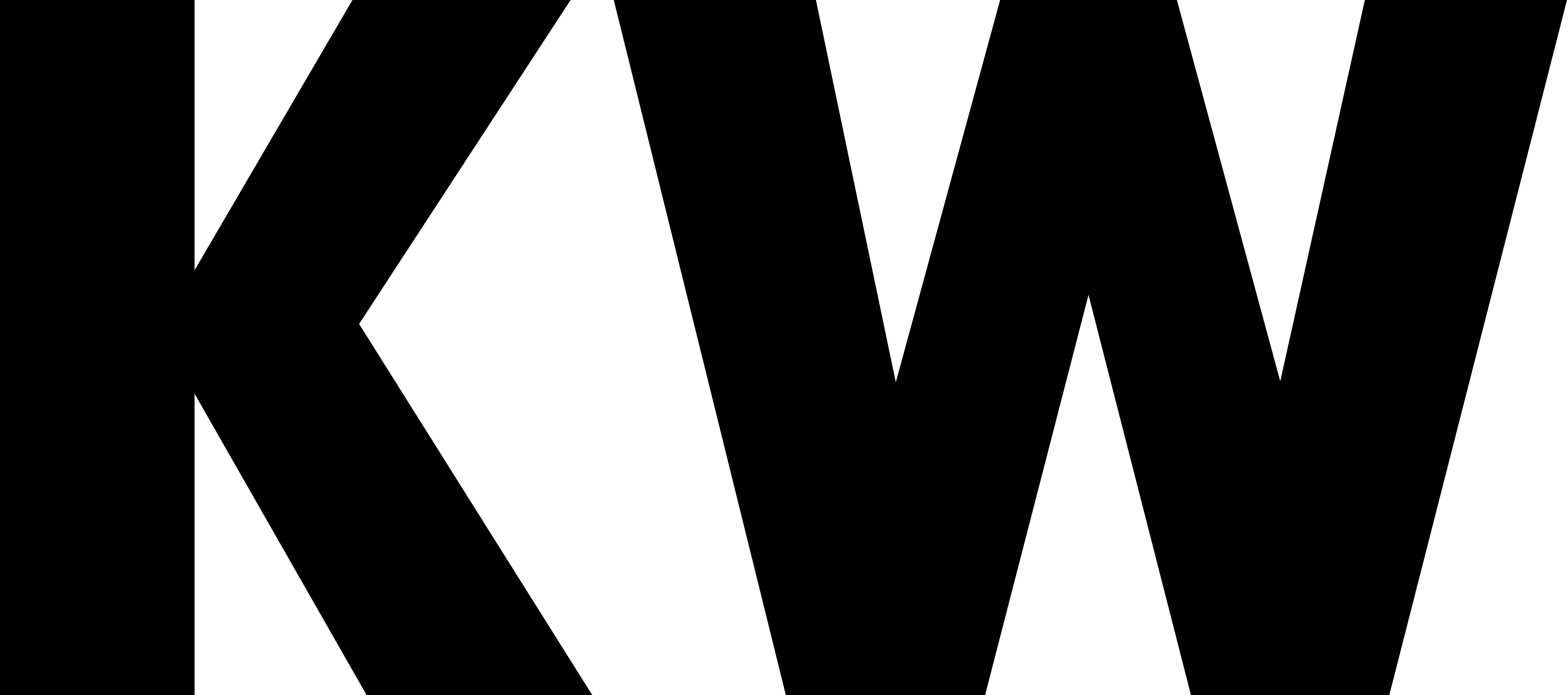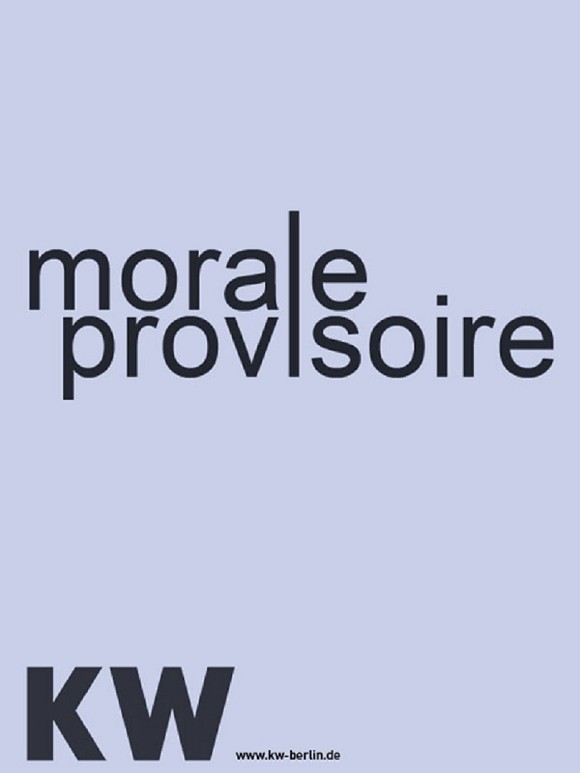morale provisoire discussion #2: Christoph Menke: How to judge freely?
morale provisoire discussion #2
Christoph Menke: How to judge freely?
06.04.2010, 7 pm
Enlightenment is the project of subjectivizing judgment, of creating subjects of judging: the transformation of the judgment of an anonymous and objective event into an autonomous act, which the subject executes in its own responsibility through methodically controlled steps.
The tragedy is the experience that judging cuts itself lose from the conditions to which the subject tries to bind it, making itself independent – like the violence of the curse that allows the liberation. Judging is excessive: destroying the life of the subject which tries to lead itself by its judgments.
Aesthetics, in theory and practice, is the attempt to escape the antagonism of enlightenment and tragedy, autonomy and fate. Aesthetics thinks the freedom of judgment in a way that it inheres the freedom from judgment. The thought of aesthetics is: only a judging that is free in this sense – and hence no longer the autonomous act of the subject – can substitute the force of judgment.
Christoph Menke holds the chair of practical Philosophy at the ‘cluster of excellence’ “Normative Orders” at the department of philosophy at Goethe University Frankfurt/Main. His research focuses on areas such as political philosophy (freedom and normativity, democracy and equality), legal philosophy (human rights, subjective rights), aesthetics (tragedy and theater) as well as theory of subjectivity (mind and nature, capabilities and acting). His recent publication is Kraft. Ein Grundbegriff der anthropologischen Ästhetik (Frankfurt/Main, 2008).
Following the lecture, there will be a talk with Christoph Menke, Frank Ruda and Jan Völker.
The event will be held in German language. Admission is free.
morale provisoire discussion series
Descartes gives the example of the travelers who got lost in the woods. In order not to remain in the same spot or lose their bearings they need a "morale par provision" to guide their steps. A "morale provisoire" is a determined attempt to follow a direction, it approaches thinking in terms of guiding principles for the practice. In a Kantian sense, to orientate oneself in thinking means to follow the subjective principle of reason; and thus, like Rousseau, to first of all let go of what is regarded as facts: everything that is there, be this bodies or languages, individuals or communities praised by the maxims of today's time. Badiou counters these through his idea of a subjective orientation in which the subject departs from an impossible starting point. The series morale provisoire is set against the libertarians, liberals, sophists and social chauvinists of our times and intends to bring together guiding interventions for theory and practice. The series aims at a new courage of thinking which approves of the impossible, the infinite, the same and the illegitimate. Morale provisoire pursues a Jacobinism of thinking which, on its path out of disorientation, continually redefines its enemies.
On an irregular basis, the morale provisoire discussion series will present militant thinkers whose works can be read in relation to the questions a morale provisoire poses. Together with the speakers the series looks at whether today there is a demand for a "morale provisoire" as a concept both for thinking as well as for everyday actions – and if so how it would be possible. To what extent are subjective orientations at all possible in a time which can be understood as generally disoriented? In which way can this be understood as a time of disorientation? Which are the means of analysis? To what extent do subjective orientations have to depart from impossible situations? How can such points be described; what determines and preconditions them? What could be considered as figures, points, means and methods of such a morale provisoire and how and where do we recognize its enemies? How to give less weight to descriptions of disorientation and more to the analyses of impossible departure points of new trajectories and forms? The invited guests are not only philosophers but moreover friends whose works circulate around one or several conditions of philosophy – art, love, politics, science.
The discussion series morale provisoire at KW Institute for Contemporary Art in Berlin augments a book series of the same title published by Merve Verlag and edited by Frank Ruda and Jan Völker. In conjunction with the publishing house and the editors the discussion series dedicates itself to regularly bringing together orientations in terms of science, politics, art and love in order to assess how these are committed to the field of philosophy.
Project management KW Institute for Contemporary Art: Anke Schleper


